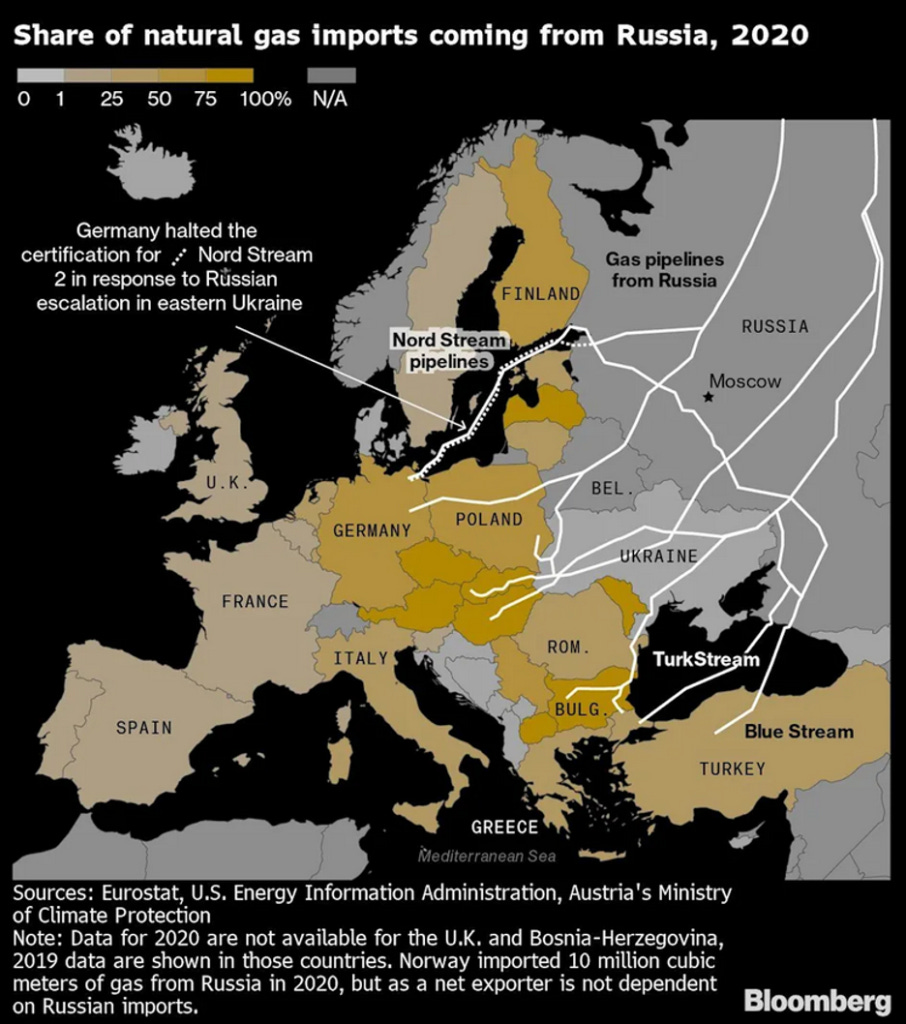Thoughts From The Divide – Weakening Consumers and Declining PMIs
“Solidifies Evidence”
While Mario Draghi may have given us the quotable “Whatever it takes” in his bid to protect the Euro, President Biden gave us a new one today with his comment that Americans will bear the brunt of higher gas prices stemming from the war in Ukraine “as long as it takes”. This may not be welcome news to households getting squeezed, many of which are “living paycheck to paycheck” and/or are part of the “8.4 million Americans” struggling to pay their rent. The deteriorating state of the consumer was on display in the latest spending data, which showed that “inflation-adjusted spending declined by 0.4% in May”, thanks in part to a 0.1% decline in after-tax inflation-adjusted income. Hoping to keep spending going, California is joining the ranks of the UK and Austria in the “stimulus as a relief” route. The state is providing aid in the form of tax rebate payments that are part of a “$17 billion inflation package”, and the figures aren’t anything to sniff at, with payments “totaling up to $1,050 for joint filers with at least one dependent”.
“Growth Slows Sharply”
At the same time consumers appear to be catching an economic cold, the latest PMIs are worth noting both stateside and abroad for their weakness.
The S&P Global PMI (née Markit) for the Eurozone was a tale of “deterioration”:
“Manufacturing output contracted for the first time in two years and service sector growth cooled considerably”.
“The stagnation of demand and worsening outlook were widely blamed on the rising cost of living, tighter financial conditions and concerns over energy and supply chains”. (Related, lack of natural gas may lead to the shutdown of “the world’s largest chemical complex” in Germany, and the country’s “largest buyer of Russian gas” may need “stabilization measures”.)
“Excluding pandemic lockdown months, June’s slowdown was the most abrupt recorded by the survey since the height of the global financial crisis in November 2008”.
Meanwhile, the ECB is planning on funneling money into the “PIGS”, i.e., Portugal, Italy, Span, and Greece “in a bid to cap spreads” between borrowing costs for the constituent nations.
Stateside, both the Dallas and Richmond Feds released surprisingly bad manufacturing numbers. Dallas saw its new orders index dip “into negative territory for the first time in two years”, though the comments included those seeing strength “both in terms of sales and margins” and those “seeing a contraction in business activity”. Meanwhile, the Richmond Fed also surprised to the downside, signaled “that factory activity declined over the month” and showed that “a large share of firms continues to report increasing wages”.






